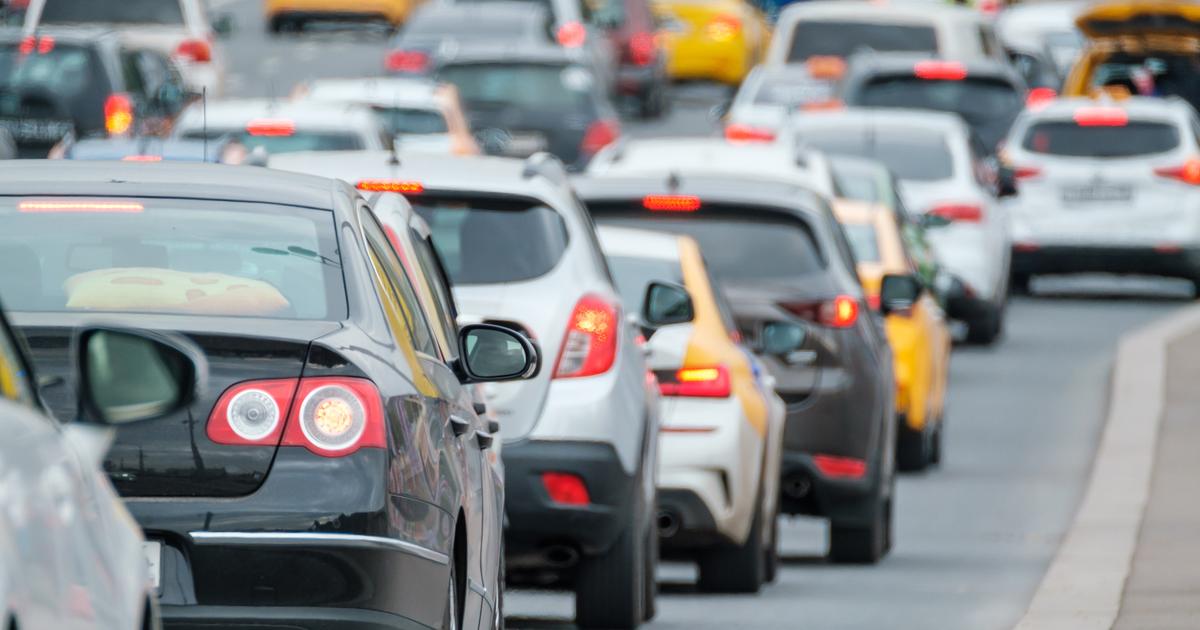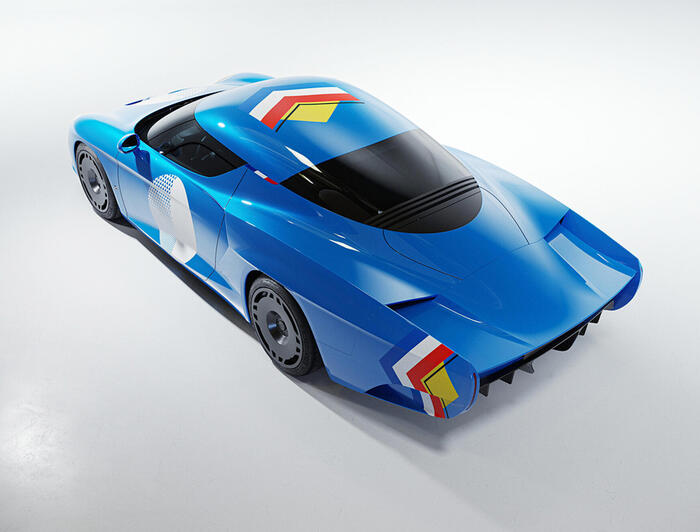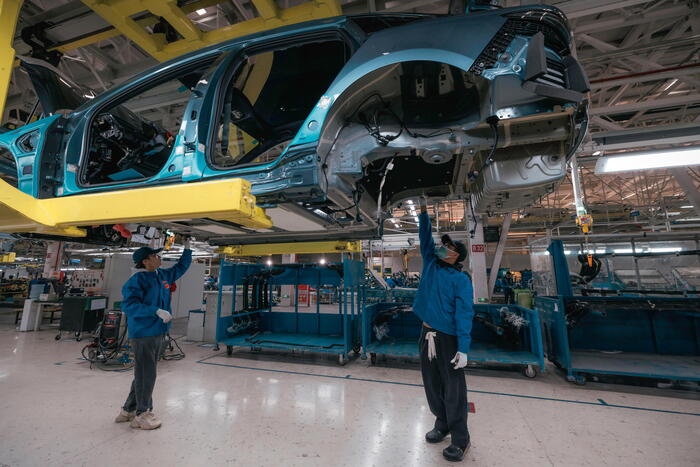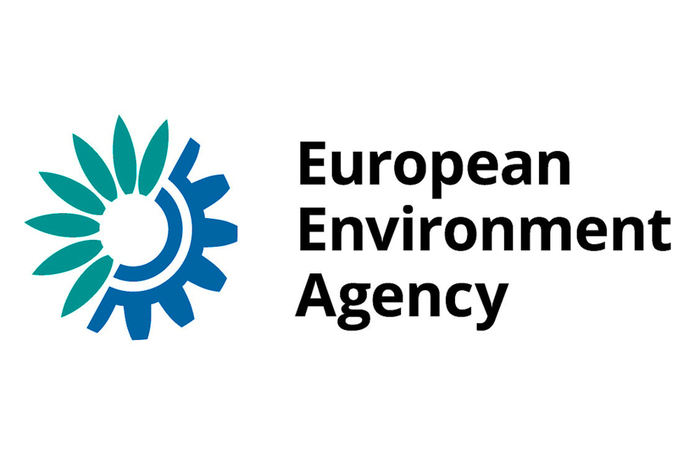Was the birth of Euro 7 necessary?
Thierry Breton, the European commissioner for the internal market, lifts the veil this Thursday on the proposal for a new anti-pollution standard which will apply to new vehicles in Europe from July 1, 2025 for passenger cars and vans, and from July 1 July 2027 for trucks and buses.
"Now that we have recorded the end of CO2 emissions for 2035 for the sale of light vehicles, we must tackle other emissions"
, pleads the European Commissioner.
The effort of manufacturers to take these new criteria into account will be far from negligible.
Indeed, the Commission is proposing to reduce nitrogen oxide (NOx) emissions by 35% for light vehicles (cars and vans) and by 56% for heavy goods vehicles compared to the previous Euro 6 standard. fine particles, they will have to be reduced by 13% for light vehicles but by 39% for heavy goods vehicles.
“Some people will criticize the Commission for being too ambitious, others for not being ambitious enough
,” sums up Thierry Breton.
This is proof that we have found the right balance.
We provide visibility to the automotive sector.
For the domestic market, as well as for the international market”
.
Opposition from industrialists
Postponed several times by the Commission, this project seemed more and more hypothetical.
In fact, the Euro 7 standard will end in 2035, at the same time as the end of sales of new vehicles equipped with combustion engines.
Manufacturers have not hesitated to recall this in recent weeks.
“The Euro 7 standard is useless.
We don't need
it, repeated Carlos Tavares, CEO of Stellantis once again at the Paris Motor Show last October.
Why are we using our resources for a technology that is going to be banned?
It doesn't make sense”
.
The boss of Stellantis expresses the opinion of most car manufacturers and European equipment suppliers, whose human and financial efforts are concentrated on the
Luca de Meo, the boss of Renault also declared a few days ago that the implementation of this standard was not his priority:
“The current Euro 6D standard makes it possible to reduce emissions enormously when renewing the fleet.
The Euro 7 standard will improve the level very marginally.
But it will increase the price per vehicle by thousands of euros and make our engineers work when we should be mobilizing them on the electric
.
A point refuted by Thierry Breton.
“The question of the cost of Euro 7 for consumers was essential for us.
With a cost of around 100-150 euros per car, and less than 3% of the price of heavy vehicles, European consumers will not have to delay the purchase of a new vehicle,”
he assures us.
The European Association of Automobile Manufacturers (ACEA) has tried to make itself heard in recent months.
She recalls that between 2014 - the date of entry into force of Euro 6 - and 2020, total NOx emissions have been reduced by 25% for the EU car and van fleet and by 36% for heavy duty vehicles.
At the same time, total fine particle emissions have been reduced by 28% for the former and 14% for the latter.
But the Commission recalls that pollution linked to emissions of fine particles and nitrogen oxide from road transport caused around 70,000 premature deaths in the Union in 2018.
Mandatory standard
Despite their denials and their arguments, European manufacturers will have no choice but to comply with this standard.
They can't ignore almost a decade of car and commercial vehicle sales in Europe by ignoring the new criteria The proposal also regulates formaldehyde, an irritant and carcinogenic gas, and nitrous oxide for trucks and buses.
Particles from brakes and tires are also concerned, including those of "clean" vehicles, in order to reduce these particles by 27%.
The Commission is pleased that Euro 7 becomes the first standard in the world to regulate the smallest ultrafine particles (down to 10 nm), coming from brakes and batteries.
Euro 7 is a Commission proposal.
There is still a long way to go before it is adopted.
Until then, some points could be reviewed.
But manufacturers will not escape new constraints.














